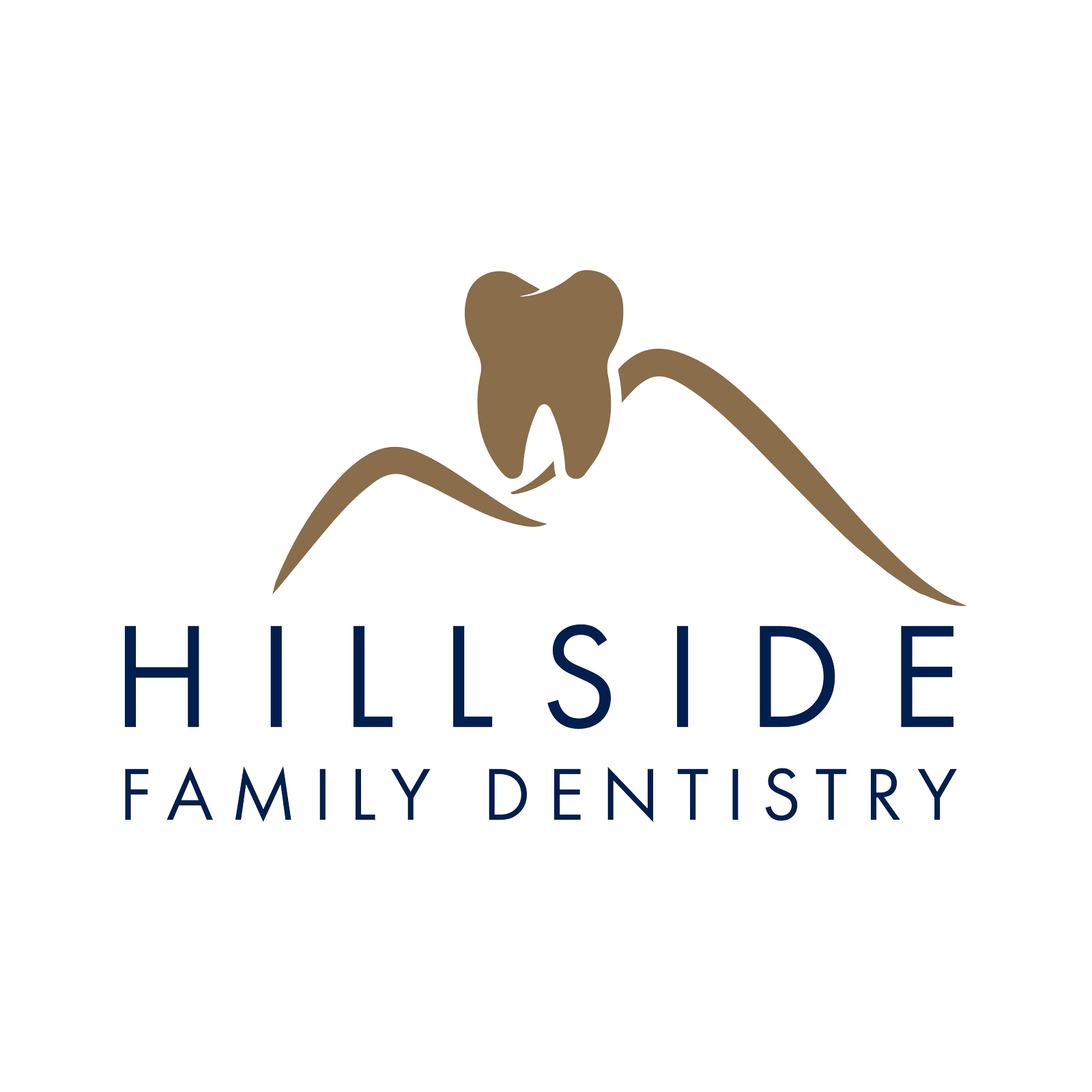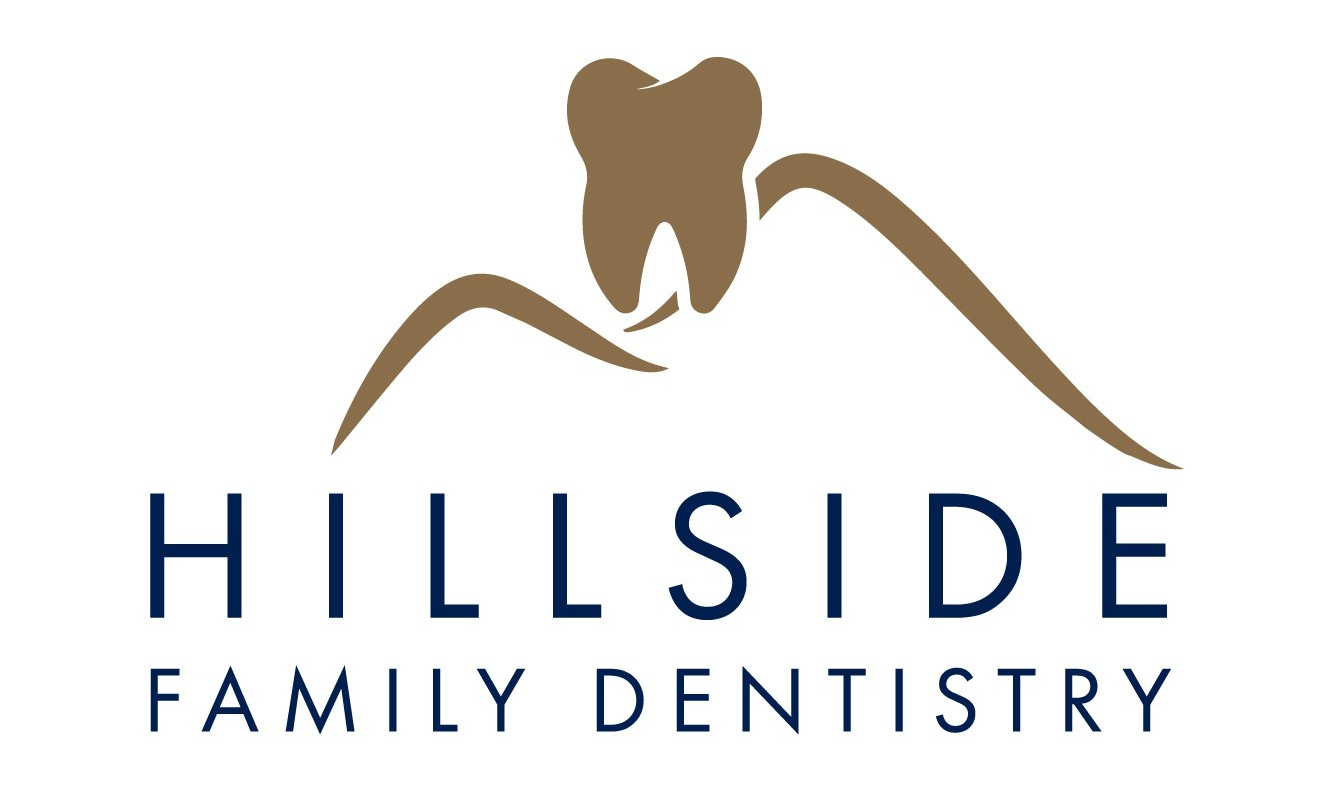Quick Tips for Handling Dental Emergencies
Dental emergencies can happen unexpectedly and cause a lot of pain and worry. Knowing how to handle these situations can make a big difference, whether it's a knocked-out tooth, a severe toothache, or a broken filling. Quick and effective action can relieve pain, prevent complications, and even save a tooth.
This article will explore how to identify dental emergencies and the immediate steps you should take when they occur. We’ll also discuss the essential items you should have in a dental emergency kit and how to decide whether you need to visit the dentist right away. By being informed and prepared, you can confidently handle dental emergencies and ensure the best possible outcome for your oral health.
Recognizing Dental Emergencies: When to Seek Help
Not all dental issues require immediate attention, but some situations are true emergencies that need prompt care. Knowing how to recognize a dental emergency can help you quickly decide when to seek help. Here are a few examples of common dental emergencies:
Severe toothache:
If you experience sudden and intense pain in your tooth, it might be a sign of an infection or abscess. Persistent pain that doesn’t go away with over-the-counter painkillers should be seen by a dentist immediately.
Knocked-out tooth: If you lose a tooth due to an accident or injury, try to place it back in its socket if possible. If not, keep it moist by placing it in milk or a saline solution and see a dentist within an hour to increase the chances of saving it.
Broken or chipped tooth:
If you break or chip a tooth, rinse your mouth with warm water and apply a cold compress to reduce swelling. Visit a dentist as soon as possible to prevent further damage and infection.
Other emergencies might include a loose or lost filling, broken braces, or significant swelling in the gums. If you notice any of these issues, contact a dental professional immediately.
Immediate Steps for Common Dental Emergencies
Knowing what to do immediately after a dental emergency can make a big difference in the outcome. Here are some quick steps for common dental emergencies:
Toothache:
Rinse your mouth with warm water to clean it out. Use dental floss to remove any food particles stuck between your teeth. Apply a cold compress on your cheek to reduce swelling, and take an over-the-counter pain reliever if necessary. Avoid placing aspirin directly on the painful tooth or gums.
Knocked-out tooth:
Carefully pick up the tooth by the crown (the top part), avoiding touching the root. Try to place it back in its socket without forcing it. Store it in milk or a unique tooth-preservation product if that's impossible. See your dentist immediately.
Broken tooth:
Rinse your mouth with warm water and save any pieces of the tooth if you can. If bleeding, apply gauze and a cold compress to your cheek to reduce swelling. Visit your dentist as soon as possible.
Chipped tooth:
Save any pieces of the tooth and rinse your mouth with warm water. Apply a cold compress to your face to minimize swelling. See your dentist right away to discuss the best treatment options.
Lost filling or crown: If you lose a filling, seal the cavity with dental cement available at drugstores. Use dental cement to temporarily reattach a lost crown or keep it in a safe place and see your dentist promptly.
By knowing these steps, you can handle a dental emergency effectively and reduce the risk of complications.
Essential Items for a Dental Emergency Kit
Being prepared with a dental emergency kit can make handling unexpected dental problems much more effortless. Here are some essential items to include in your kit:
1. Gauze pads:
Useful for controlling bleeding and cleaning up any wounds.
2. Dental mirror: Helps you see inside your mouth to assess the damage better.
3. Dental floss: Important for removing food particles that may be causing pain or discomfort.
4. Pain relievers: Over-the-counter pain medications like ibuprofen or acetaminophen can help manage pain until you see a dentist.
5. Dental wax: Handy for covering sharp edges on broken braces or teeth to prevent cuts in your mouth.
6. Temporary filling material: This can temporarily protect a lost filling or cover a damaged area.
7. Saline solution: Useful for rinsing your mouth and cleaning wounds.
8. Cold compress: Essential for reducing swelling and managing pain.
9. Small container with a lid: This is good for storing a knocked-out tooth or tooth pieces until you can get to a dentist.
These items can help you manage a dental emergency more effectively and provide relief until you can get professional care.
When to Visit the Dentist: Making the Right Decision
While knowing how to handle dental emergencies at home is essential, some situations require professional care. Knowing when to visit the dentist can make a big difference in your oral health.
Seek immediate dental care if you experience any of the following:
Severe pain: If your toothache is unbearable and doesn’t improve with over-the-counter pain medications, visit the dentist immediately.
Bleeding: If you have bleeding that doesn’t stop after applying pressure with gauze, it’s time to seek help.
Signs of infection: Swelling, redness, and fever can indicate a disease that needs prompt treatment to prevent it from spreading.
Lost tooth: A knocked-out tooth should be seen by a dentist as soon as possible for the best chance of saving it.
Broken braces or wires:
Damaged braces can cause further mouth injury, so fixing them is crucial.
Trusting your instincts is also essential. If something doesn’t feel right or you’re unsure about your symptoms, it’s better to get it checked by a professional. Quick action can prevent complications and ensure you get the treatment you need.
Conclusion
Handling dental emergencies requires knowing what to do, having the right tools, and knowing when to seek professional help. Being prepared with an emergency kit and understanding the steps to take in various situations can make a stressful event more manageable. Recognizing when a dental issue needs urgent care ensures you protect your oral health and avoid long-term problems.
At Hillside Family Dentistry, we’re here to help you with any dental emergencies you might face. Our
dentist in Acworth is ready to provide the care you need to keep your smile healthy. Don’t wait until an emergency happens. Ensure you’re prepared, and contact us at Hillside Family Dentistry if you need assistance. Schedule your appointment today, and let us help you maintain excellent oral health.
Share This Post

